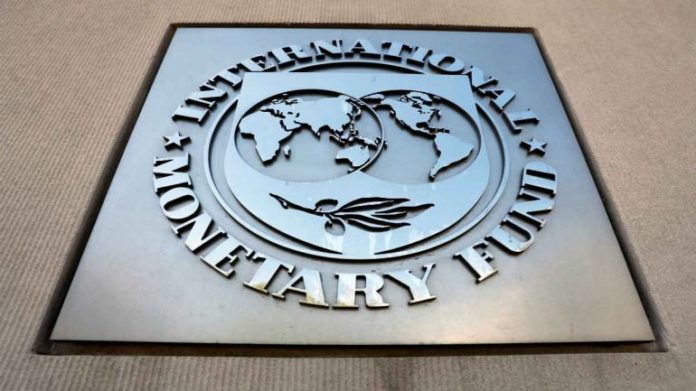The International Monetary Fund (IMF) has projected the country’s debt to GDP will increase by 2.4 percentage points to hit 62 percent in 2019, on the back of increase in foreign debt.
The Fund’s Regional Economic Outlook report for sub-Saharan Africa, themed ‘Recovery Amid Elevated Uncertainty’, noted that the increase in debt to GDP ratio will add Ghana to countries classified as having a high risk of debt distress.
Commenting on this, Deputy Director of African Department at the IMF, David Robinson, said the huge infrastructural deficit on the continent has led many African governments to resort to foreign borrowing, hence the high debt to GDP ratio.
Worthy investments
He however cautioned that such monies should be invested in projects that will pay back and contribute to growth. “What we have seen from many countries is that debt to GDP ratio has risen, and a lot of this increase has come in countries where they want to expand infrastructure and public investment. Obviously, many countries have large infrastructure gaps, so taking an approach to close those gaps is actually important and can deliver sustained growth.
“But clearly, there are couple of steps that are important to keep in mind. When one takes a loan to invest, is that investment done efficiently? Is that investment going to generate a tax-base to be able to repay? Borrowing will continue to happen; it is an opportunity to tap into additional capital and resources, but it has to be done in a very considerate and transparent way.
“The Eurobond and other capital resources are opportunities; they do come with risks and vulnerabilities, but if managed correctly can deliver returns and help kick-start growth and accelerate it,” he told the B&FT in an interview during the report’s launch in Accra.
External Debt
Out of the debt to GDP ratio of 62 percent, the external debt component is projected to hit 29.9 percent – a situation that caused the Fund to advise that efforts must be made to increase domestic revenue in order to mitigate risk to the economy associated with foreign debt.
But commenting on this, the First Deputy Governor of the Bank of Ghana, Dr. Maxwell Opoku-Afari, said government has put in place measures to ensure it maintains fiscal discipline and efforts to boost domestic revenue generation.
“Another point we need to look at is, what is the anchor going forward? Clearly, government has committed to capping overall fiscal deficit at 5 percent. This serves as a strong anchor for debt dynamics.
“But not only that: in addition to the fiscal rule, the requirement is that the primary balance should be in surplus. When the primary balance is in surplus, what it means is that you are not adding to debt. So, these two are very critical to ensuring that our debt dynamics remain on a downward trajectory going forward.”
He added that: “To create a good balance, we need to boost domestic revenue mobilisation to ensure that financing the gap is coming from both domestic and foreign sources. We also need to deepen the domestic market to make it attractive for pension funds and other domestic investors to be able to participate in financing the gap, so that we minimise the risk that comes with over-reliance on foreign participation”.
Source: thebftonline.com







